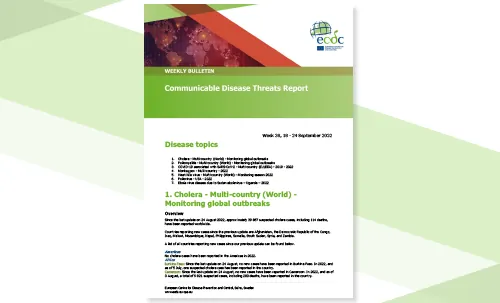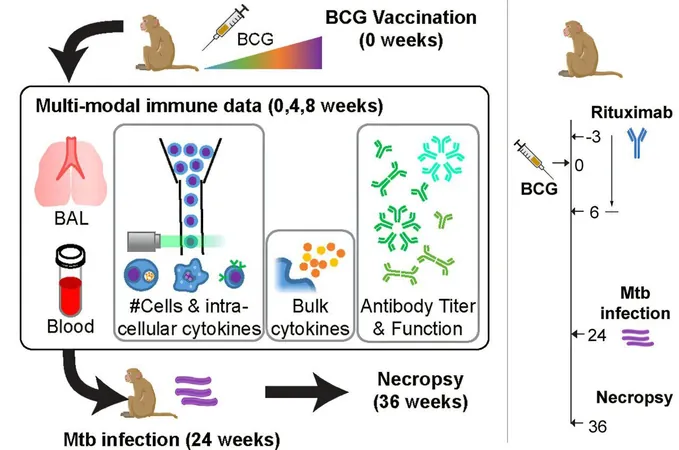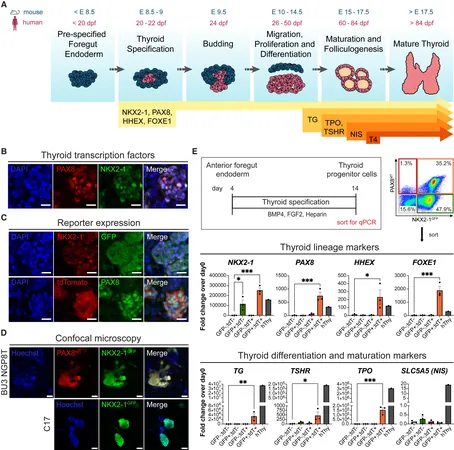
Early Medication Abortions Prove Safe and Effective in New Study
2024-11-07
Author: Ming
Recent research published in The New England Journal of Medicine reveals promising findings regarding medication abortions: they are not only safe and effective but can also be conducted prior to the sixth week of pregnancy. This groundbreaking study sheds light on a vital aspect of reproductive health, particularly amidst ongoing debates surrounding abortion laws and access.
In 2023, Sweden recorded 35,550 abortions, with more than 60% occurring before the seventh week of pregnancy. Typically, abortions are performed after confirming an intrauterine pregnancy via vaginal ultrasound, primarily to rule out ectopic pregnancies, where the embryo implants outside the uterus — a condition that can be life-threatening without timely intervention.
Karin Brandell, a gynecologist at Karolinska University Hospital and one of the study's authors, emphasizes that many women seeking abortions prefer to undergo the procedure as soon as possible. However, there has been insufficient data on the efficacy of conducting abortions at such an early stage.
The Very Early Medical Abortion (VEMA) study involved over 1,500 women across 26 clinics, who were randomly assigned to receive either early abortions between weeks 4 to 6 or standard abortions between weeks 5 to 6, using the medical regimen of mifepristone and misoprostol. At the study's outset, all participants were confirmed to be under 6 weeks pregnant and without ectopic pregnancies.
Among the 1,504 participants, the early abortion group (754 women) achieved a successful termination rate of 95.2%, compared to 95.3% in the standard group (750 women). This indicates remarkably similar outcomes, with only a marginal difference of 0.1% between the two approaches.
Notably, while the early-start group reported a 1.3% occurrence of ectopic pregnancies, this was only slightly higher than the 0.8% rate in the standard group. Serious adverse events during the study were reported at 1.6% in the early-start group and 0.7% in the standard group, with complications mainly stemming from hospitalizations due to ectopic pregnancy or incomplete abortions.
The findings suggest that conducting medication abortions before the confirmation of intrauterine pregnancy is just as effective and safe as performing them later. Furthermore, women in the early-start group experienced less pain and bleeding compared to their standard treatment counterparts.
Project lead Kristina Gemzell-Danielsson, a professor of obstetrics and gynecology at Karolinska Institutet, claims that the safety and efficacy of early abortions are consistent, even in cases of undiagnosed ectopic pregnancies. This underscores the importance of access to timely abortion services.
Looking ahead, the researchers are optimistic about exploring a new combination of drugs for early abortion, particularly for women with ectopic pregnancies. Additionally, they are investigating new contraceptive options using mifepristone, potentially at lower doses than what is typically prescribed for medication abortions.
Brandell poignantly underscores the political nature of abortion. She highlights the stark differences in access: in Sweden, a woman can undergo an abortion again a week after a failed early procedure; in contrast, women in Texas face restrictions, unable to access abortion care after the sixth week of pregnancy. Demonstrating the equivalence of early abortions to standard procedures is crucial in the broader context of reproductive rights.
These findings not only contribute to the ongoing conversation about abortion but also reinforce the significance of timely access to reproductive healthcare, an issue that continues to resonate globally.




 Brasil (PT)
Brasil (PT)
 Canada (EN)
Canada (EN)
 Chile (ES)
Chile (ES)
 España (ES)
España (ES)
 France (FR)
France (FR)
 Hong Kong (EN)
Hong Kong (EN)
 Italia (IT)
Italia (IT)
 日本 (JA)
日本 (JA)
 Magyarország (HU)
Magyarország (HU)
 Norge (NO)
Norge (NO)
 Polska (PL)
Polska (PL)
 Schweiz (DE)
Schweiz (DE)
 Singapore (EN)
Singapore (EN)
 Sverige (SV)
Sverige (SV)
 Suomi (FI)
Suomi (FI)
 Türkiye (TR)
Türkiye (TR)